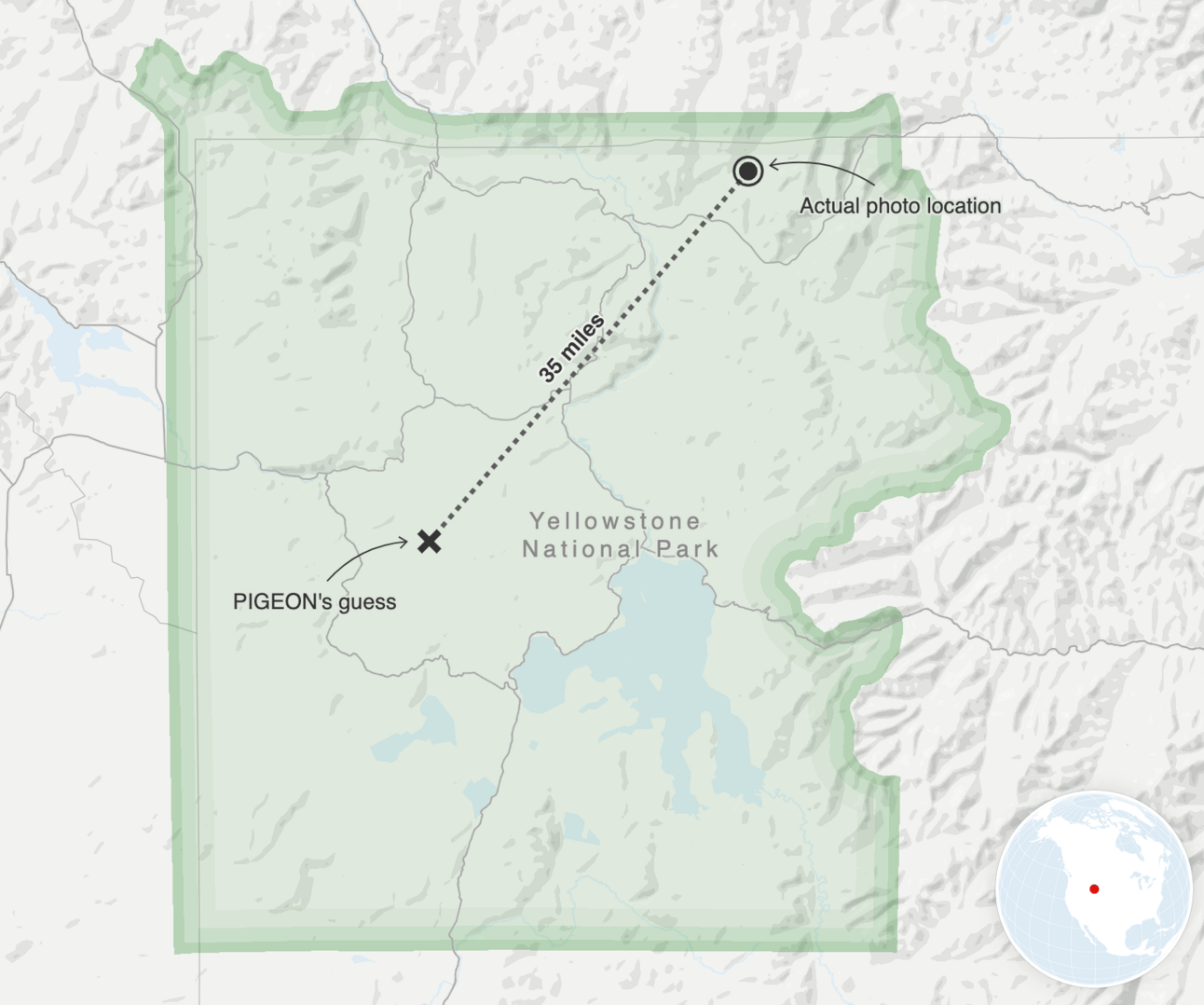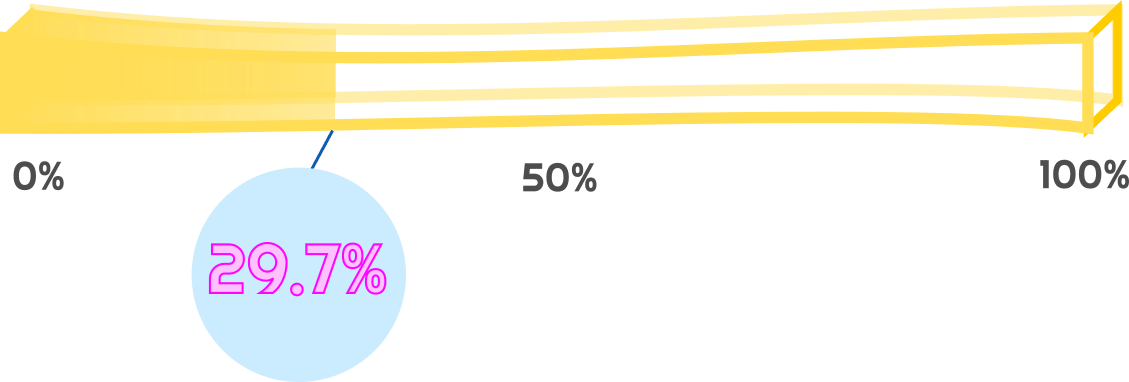
Good morning! It’s officially the middle of the week, which means it is the perfect time to explore the latest in AI. 😃
🤯 MYSTERY AI LINK 🤯
(The mystery link can lead to ANYTHING AI related. Tools, memes, articles, videos, and more…)
Today’s Menu
Appetizer: AI can find your location in photos 😵💫
Entrée: Expedia to use AI to help your travel plans 🚙
Dessert: New AI model detects autism with 100% accuracy 😳
🔨 AI TOOLS OF THE DAY
🗣️ Beemer: Create a pitch deck in just 2 minutes. → check it out
👩⚖️ Juri Flow: Your tailor-made AI lawyer, designed to navigate the complexities of legal issues with ease and precision. → check it out
🛍️ Zyng: Create eye-catching visuals for product marketing and e-commerce.→ check it out
AI CAN FIND YOUR LOCATION IN PHOTOS 😵💫

Photo: Geoff Brumfiel @ npr.com reporting on Stanford University research
AI sees you when you’re sleeping, and knows when you’re awake. It knows if you’ve been bad or good, so be good for goodness sake! 🎅
What’s new? Graduate students at Stanford University developed an AI system which is scary accurate at geolocating where photos are taken, drawing out privacy concerns.
How does it work? The graduate researchers devised Predicting Image Geolocations (PIGEON), an AI system that excels at geolocating photos. Originally designed to identify locations on Google Street View, PIGEON demonstrated its prowess when faced with personal, never-before-seen photos, accurately determining their locations in the majority of cases. PIGEON excels because it can pick up on all the little clues humans can as well as more subtle ones, like slight differences in foliage, soil, and weather.
The risks? While PIGEON holds promise for positive applications, such as helping individuals identify locations in old snapshots or aiding field biologists in ecological surveys, concerns about privacy clearly arise. Many worry that if such a system can be developed by graduate students, it will soon become developed by experts at large AI companies. Because this technology is likely to become widely available, it could potentially be exploited for government surveillance, corporate tracking, or stalking, exposing sensitive information individuals never intended to share.
Some consolation? The Stanford researchers are mindful of the risks and have refrained from releasing their full model to the public. And despite the ethical considerations, this project showcases the growing power of AI in geolocation and prompts a critical examination of the potential consequences for privacy in an increasingly connected world.
EXPEDIA TO USE AI TO HELP YOUR TRAVEL PLANS 🚙

Where is your next trip? Just ask AI. ✈️
What’s up? Expedia is looking to implement AI into travel searches, offering users a more personalized traveling experience for users.
How will it work? While AI is already instrumental in tracking flight prices and enhancing customer service, Expedia envisions a more encompassing role for AI, akin to personalized travel agents. This will allow users to get trip recommendations based on their travel history as well as flight, hotel, car rental, and activity planning. This move will help Expedia leverage AI to reduce reliance on external search engines and potentially increase revenue.
NEW AI MODEL DETECTS AUTISM WITH 100% ACCURACY 😳

AI’s employment in autism detection reveals another bright side of AI implementation. 🙏
What’s new? A new study using AI demonstrated 100% accuracy in distinguishing children with autism spectrum disorder (ASD) from those with typical development.
Who was studied? The study was done by researchers at Yonsei University College of Medicine in South Korea and involved 958 participants with an average age of 7.8 years.
How does it work? The system uses deep learning AI algorithms to analyze retinal images of children, and as a result is able to identify children with autism with perfect accuracy, scoring 100 out of 100 in its performance. Even when most of the eye picture was excluded (about 95% of it), the system remained accurate. The researchers employed the method further to measure how severe the symptoms were, and it scored at 74%, which is considered fairly accurate.
What does this mean? The findings suggest that retinal photographs could serve as biomarkers for ASD, providing additional insights into symptom severity. This technology could be used to check for autism in children as young as four years old, and it could serve especially helpful in places where there aren’t many specialists available. More research is currently being done to see if this method can work for even younger kids.
“WATCH THIS” WEDNESDAY 👀
Our FryAI team sat down with Stephan Minos and Alex Taylor, the creators of Chirper.ai, to discuss the platform’s newest updates and the future of human-AI interaction! Check it out below:
HAS AI REACHED SINGULARITY? CHECK OUT THE FRY METER BELOW

The Singularity Meter falls by 3.0%: AI models are being “Poisoned” by Artists.